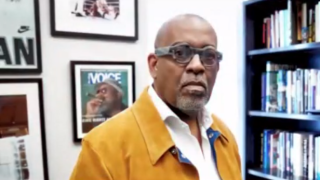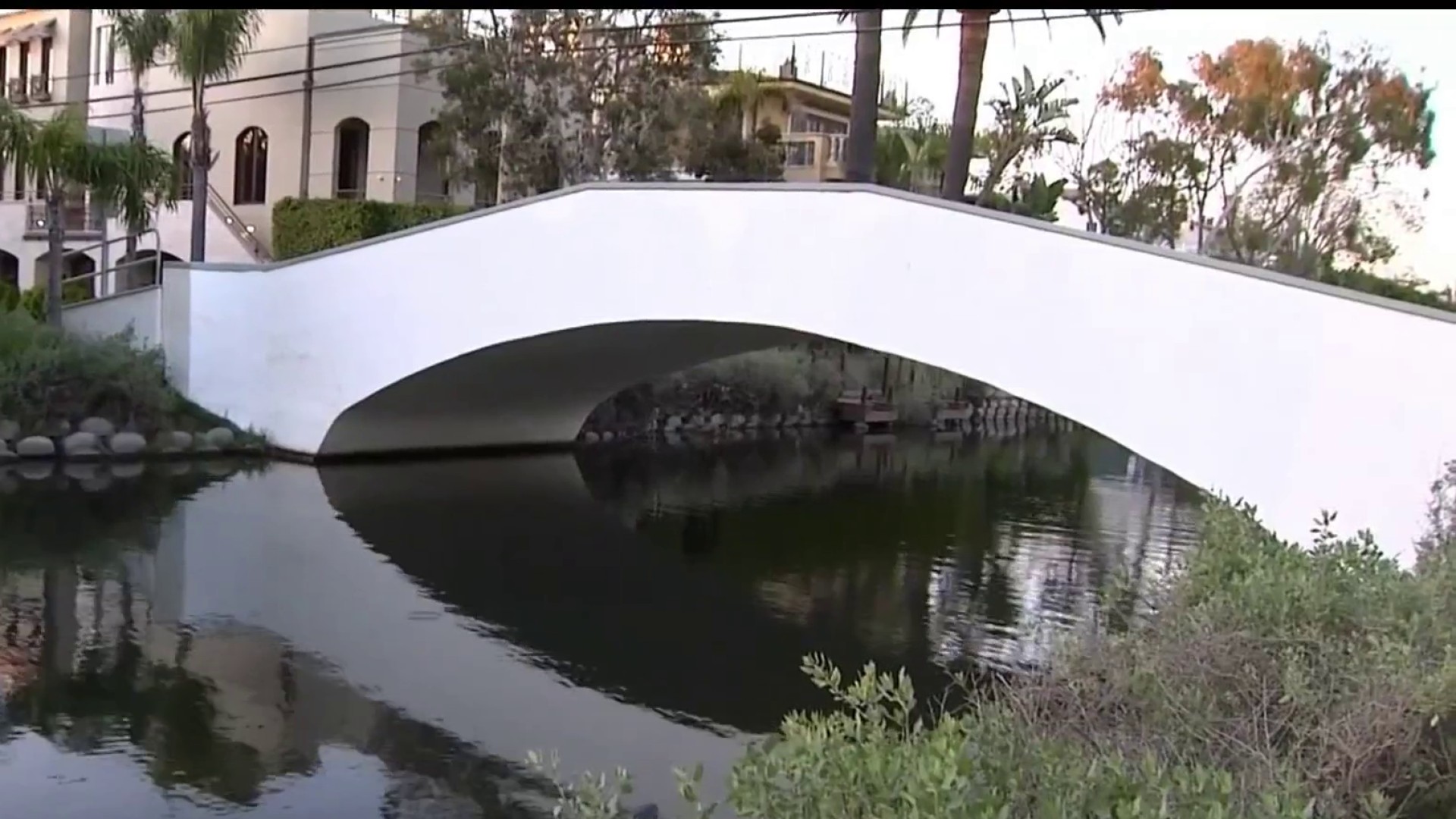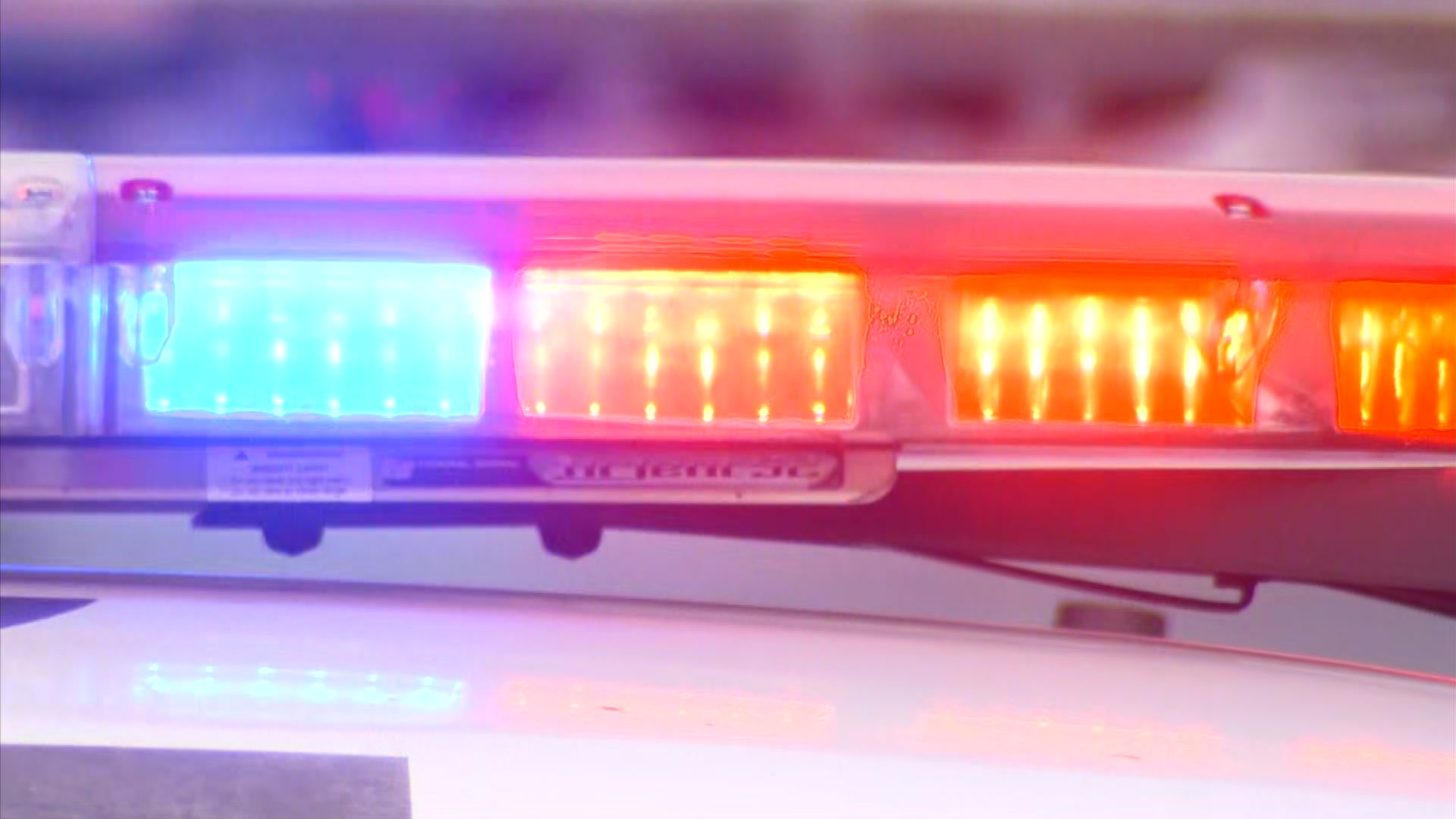
Across America’s dinner tables, marches, roll calls, city halls and board rooms, racial justice is being discussed in ways that are personal, national and cultural. In a conversation with NBCLA's Michael Brownlee, Dr. Todd Boyd took a look at the disparity between embracing Black culture, and music in particular, in a country that continues to struggle with inequality.
“There needs to be the type of change that’s not going to happen overnight. A lot of people are going to be made uncomfortable with this and they are going to have to find a way to get comfortable in the discomfort if anything is going to move forward,” Dr. Todd Boyd said.
Dr. Boyd is Chair of the Study of Race & Popular Culture at USC, and he’s studied the relationship between the two since arriving in LA following the 1992 riots.
Many conversations about race include the idea of being “color-blind,” but Dr. Boyd says that is a problem because it “wipes away part of someone’s identity.” Instead, we need to see people for who they are.
“We cannot move beyond race. It’s such an integral part of this country’s history, such an integral part of this country’s culture,” he said.
The author and producer, also known as the “Notorious PhD,” was recently seen in “The Last Dance” on Netflix and appeared in the Oscar-winning documentary “Twenty Feet From Stardom.” As an expert on race and pop culture, he explains that there is no such thing as American music without Black music.
“I think a lot of people tell themselves that because they like a particular artist, because they like Black music, that that means they’re immune to racism and everything is fine. But you can listen to Black music and still be a racist,” Dr. Boyd said.
Local
Get Los Angeles's latest local news on crime, entertainment, weather, schools, COVID, cost of living and more. Here's your go-to source for today's LA news.
And yet, while Black artists take center stage, he says there are not enough in corner offices.
“It’s about who controls this culture,” Dr. Boyd said. “And it's about people consuming this culture understanding that just because they like the music or they like the culture, doesn’t mean they get a sort of free pass on other issues.”
Much of the world was horrified by the sight of George Floyd dying beneath the knee of a Minneapolis police officer, but still, Dr. Boyd points out that the violence has not stopped.
“A guy puts his knee on a man’s neck and we watch that on camera as though it’s some kind of snuff film. This is not the first time it happens… What does it take? I mean it’s not asking a lot to say police should not be able to get away with doing this. That’s not asking much at all,” he said.
Demonstrations erupted around the world. Protesters took to the streets in all 50 states calling for an end to police brutality. But Dr. Boyd cautions that progress is “relative” and we have only gone from zero to one. And we need to go much farther.
“I don’t get the luxury of ignoring racism until there is another cellphone video of somebody being killed. That is not a luxury afforded to me. This is something that defines my life and existence 24/7,” Dr. Boyd said. “This is what it means to be a Black man in America and it didn’t just start last week.”



